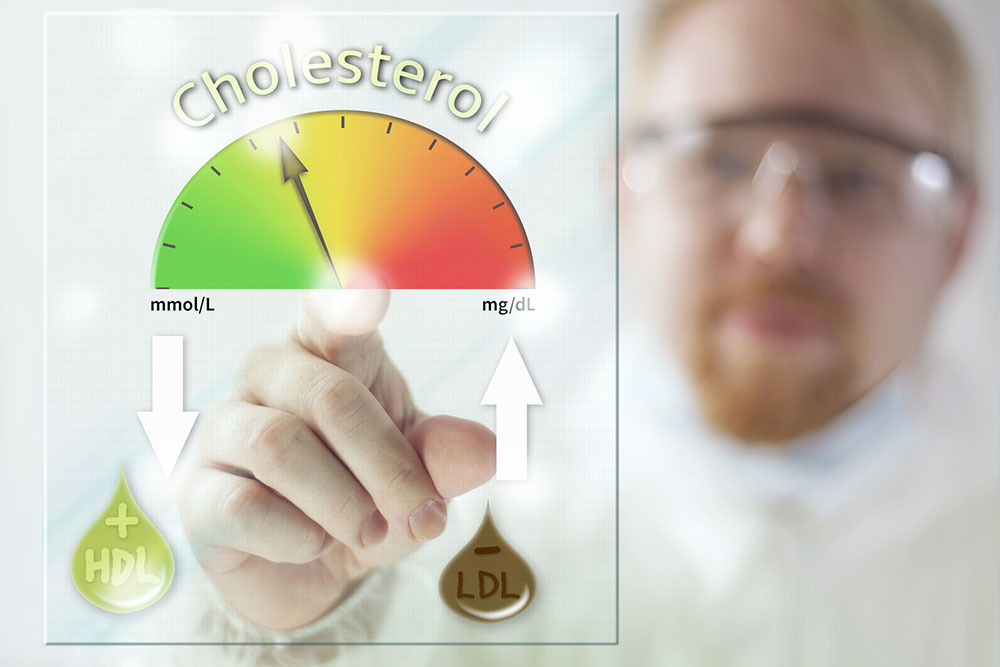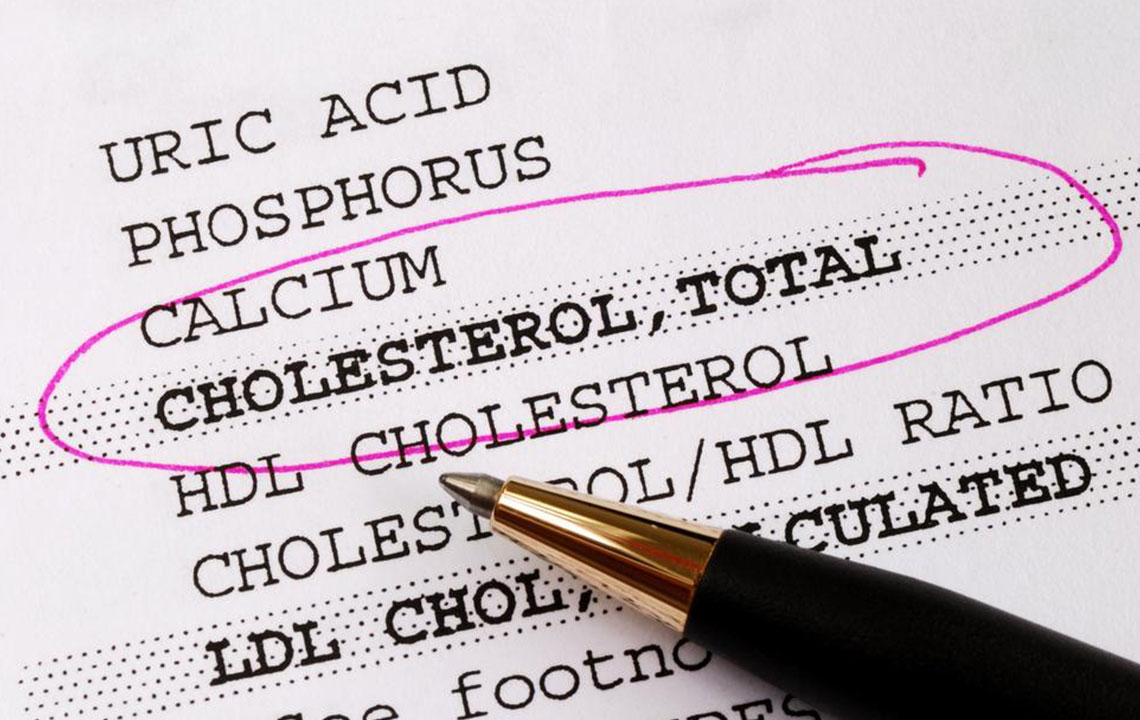Effective Strategies to Control High Blood Cholesterol Levels
Learn effective methods to control high blood cholesterol levels, including dietary and lifestyle changes, and understand the health risks associated with elevated cholesterol. This guide covers cholesterol types, standards, and treatments to promote heart health and reduce disease risk.

Effective Strategies to Control High Blood Cholesterol Levels
Cholesterol, a fatty substance in the bloodstream, is vital for cell structure and hormone production. However, excessive levels can lead to health complications.
High cholesterol causes fatty deposits in arteries, blocking blood flow and increasing heart attack and stroke risk.
A lipid profile evaluates total cholesterol, LDL (bad cholesterol), HDL (good cholesterol), and triglycerides, which are fats in your blood.
Types of Cholesterol
HDL assists in removing excess cholesterol, while LDL contributes to arterial buildup. Maintaining a proper balance between these is essential for heart health.
Cholesterol Standards for Different Age Groups
Cholesterol levels are categorized as healthy, borderline, or high for both children and adults. Key indicators include total cholesterol, LDL, HDL, and triglycerides, which inform health assessments.
The National Institutes of Health (NIH) provides guidelines:
For Children
Total cholesterol below 170 mg/dL is ideal. HDL should be at least 45 mg/dL; LDL should be under 110 mg/dL. Triglycerides are acceptable below 75 mg/dL for ages 0-9 and below 90 mg/dL for ages 10-19. Levels between 170-199 mg/dL are borderline; over 200 mg/dL is high. Low HDL is below 40 mg/dL.
For Adults
Total cholesterol should be 200 mg/dL or less. HDL should be 40 mg/dL or higher; LDL under 100 mg/dL; triglycerides less than 149 mg/dL. Borderline ranges are 200-239 mg/dL for total cholesterol, LDL between 130-159 mg/dL, and triglycerides 150-199 mg/dL. Levels above 240 mg/dL indicate high cholesterol; LDL over 160 mg/dL and triglycerides exceeding 200 mg/dL are also concerning.
Health Impacts of Elevated Cholesterol
High cholesterol can lead to atherosclerosis, where fatty deposits narrow arteries, causing chest pain and increasing the risk of heart attacks and strokes. Plaques may rupture, forming clots that block blood flow. It can also elevate stroke risk by obstructing cerebral arteries.
Causes of Excess Cholesterol
Poor dietary habits, lack of physical activity, obesity, smoking, and diseases like diabetes contribute to high cholesterol levels.
Managing High Cholesterol
Treatment options include medications such as statins, bile acid binders, fibrates, and omega-3 supplements. Lifestyle changes are equally important: eat a diet low in saturated and trans fats, incorporate healthy fats, exercise regularly, stay at a healthy weight, and avoid smoking.


